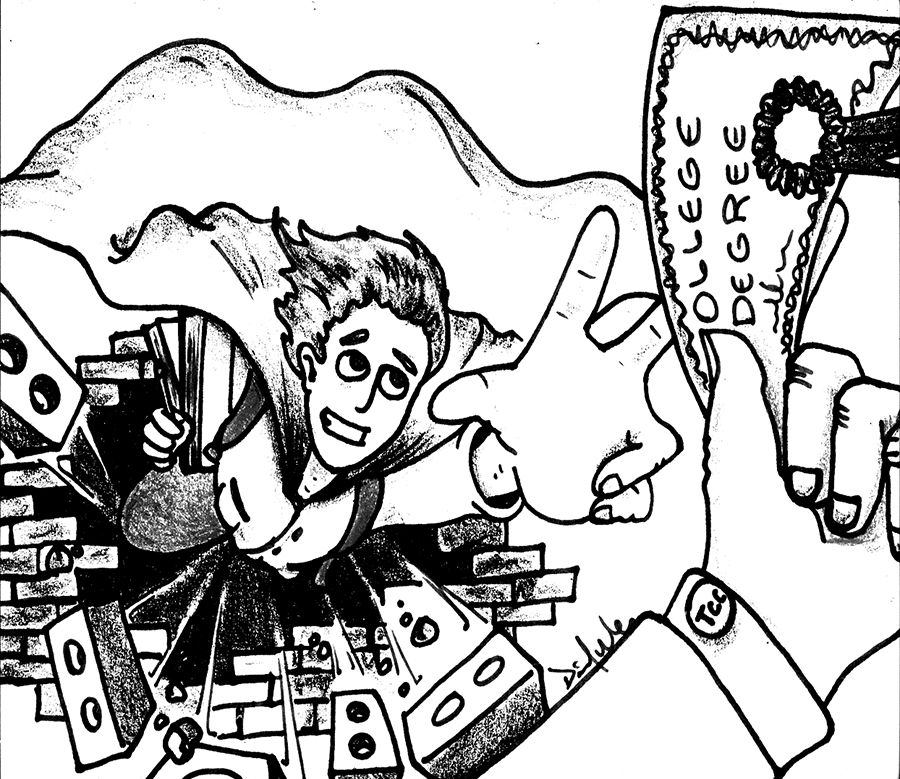If there was ever a rainy day in the economy, this is it.
The Texas House of Representatives voted to dip into the state’s Rainy Day Fund two and a half weeks ago to withdraw $3.1 billion and pay bills for the current fiscal year. This will help the state pay off a $4 billion deficit for the fiscal year that ends Aug. 31, said an article in the Fort Worth Star-Telegram.
The financial help is needed like water to a drought, but there is such a thing as not conserving enough water for a tougher moment.
At this point, it’s hard to see any other option for handling the state’s economic downfall. But the state legislators need to make sure this isn’t a choice that will create issues for the next two financial years.
Lawmakers have already begun to look at a $164.5 billion budget. And that 2012-2013 budget looks at cutting 12.3 percent or $23 billion in state services, including deep cuts in education and health care, said the article.
If our lawmakers are already contemplating the future, then maybe this is a chance for us to speak out and make sure they get priorities right the first time with this next budget instead of possibly having to continue the use of emergency back-up plans.
There’s no telling what state the economy will be like in the next two years.
And if education is something valued in this state, protecting our economy is the way to protect the education of people who will one day run it.
It’s understandable that budget cuts must happen, and there are areas in education that should be looked at for that — what’s wanted and what’s needed.
But education is one of the only ways to help this economy grow. A deficit the state can’t handle, that causes cuts and dips into emergency funding, doesn’t paint a bright future for anyone.
The nation prides itself on the importance of education. So does Texas. And right now, our lawmakers seem hypocritical because the deficit caused by unorganized priorities is taking away from one of the most valued growing experiences.
Legislative members need to thoroughly consider the future. Yes, the past two years aren’t over, and paying bills is important, but struggling to pay bills will continue if the state’s educational future is lacking.
























